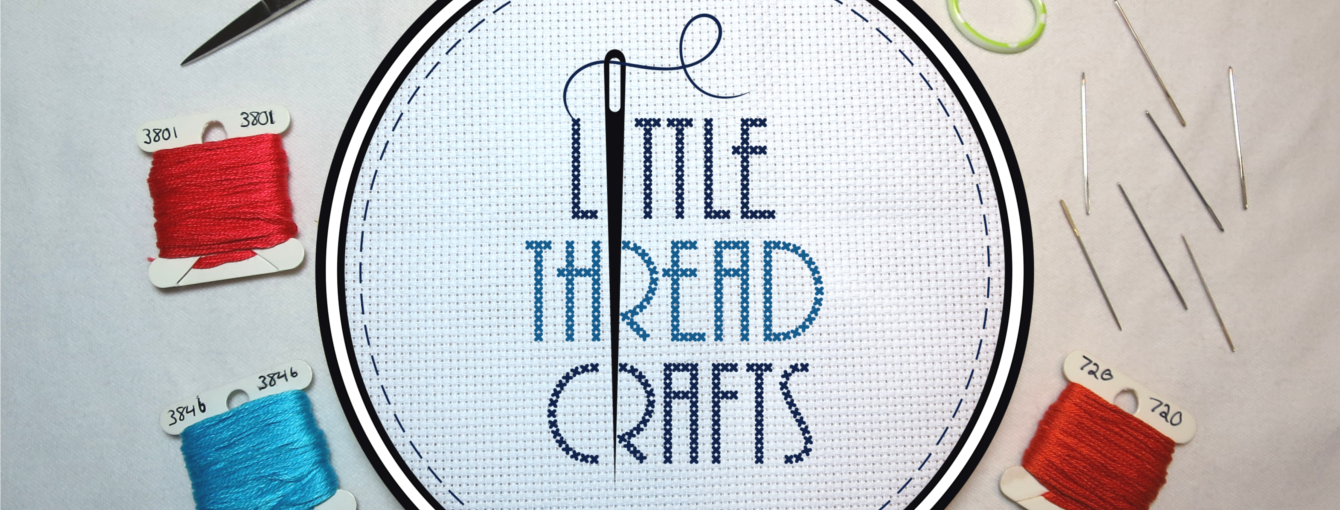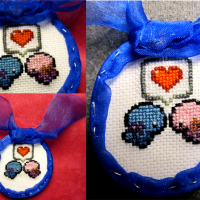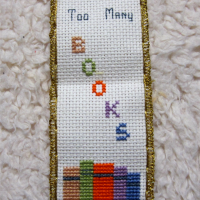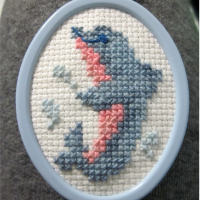Term of the Week: Rotation

This week’s Term of the Week is an interesting one. It’s a term a lot of stitchers might actively do without actually knowing the name for it!
As always, let’s first turn to our handy Dictionary.Reference.com for our technical definition before we dive into the stitchy definition:
- Rotation
- 1. the act of rotating; rotary motion
- 2. a regular cycle of events in a set order or sequence
The stitcher’s definition combines a lot of the technical definition into one big definition rather than all those separate ones. A rotation involves a set number of WIPs or UFOs you are working on at a time, and you cycle, or rotate, through them at a set pace.
For example, I have three cat-themed WIPs that I’m working on. When I sit down to work on them, I work on them all, and rotate through them once I’ve worked on one for a certain amount of time or gotten a certain amount of stitches done. I call these cat-themed pieces my “Cat Rotation”. I originally had it on a schedule that I’d work on one piece for one week, another piece the next week, and then spend the next two weeks working on my big cat piece. It was my ‘Rotation Schedule.’
Some people use ‘rotation’ in a much broader sense. They may have 15 WIPs going at a time, and they use the term ‘rotation’ to refer to all of them, and they work on whatever piece they feel like working on at the time. “I’m working on my tiger piece right now! Hopefully I don’t have any more to add to the rotation or I’ll never get done!” Other people follow a much stricter definition, only working on a small number at a time, rotating every week or every other week or after 100 stitches.
However you view ‘rotation’, if you happen to have a bunch of pieces you’re working on, and you cycle between them, you might have a rotation and not even know it!
—————————————————————
“Term of the Week” is a weekly blog post highlighting a new word or phrase commonly used among cross-stitchers but not found in an ordinary dictionary. These posts are to help explain the words’ meanings in context and provide a resource for anyone wondering what a term like “frogging” means. Check back every Thursday!








